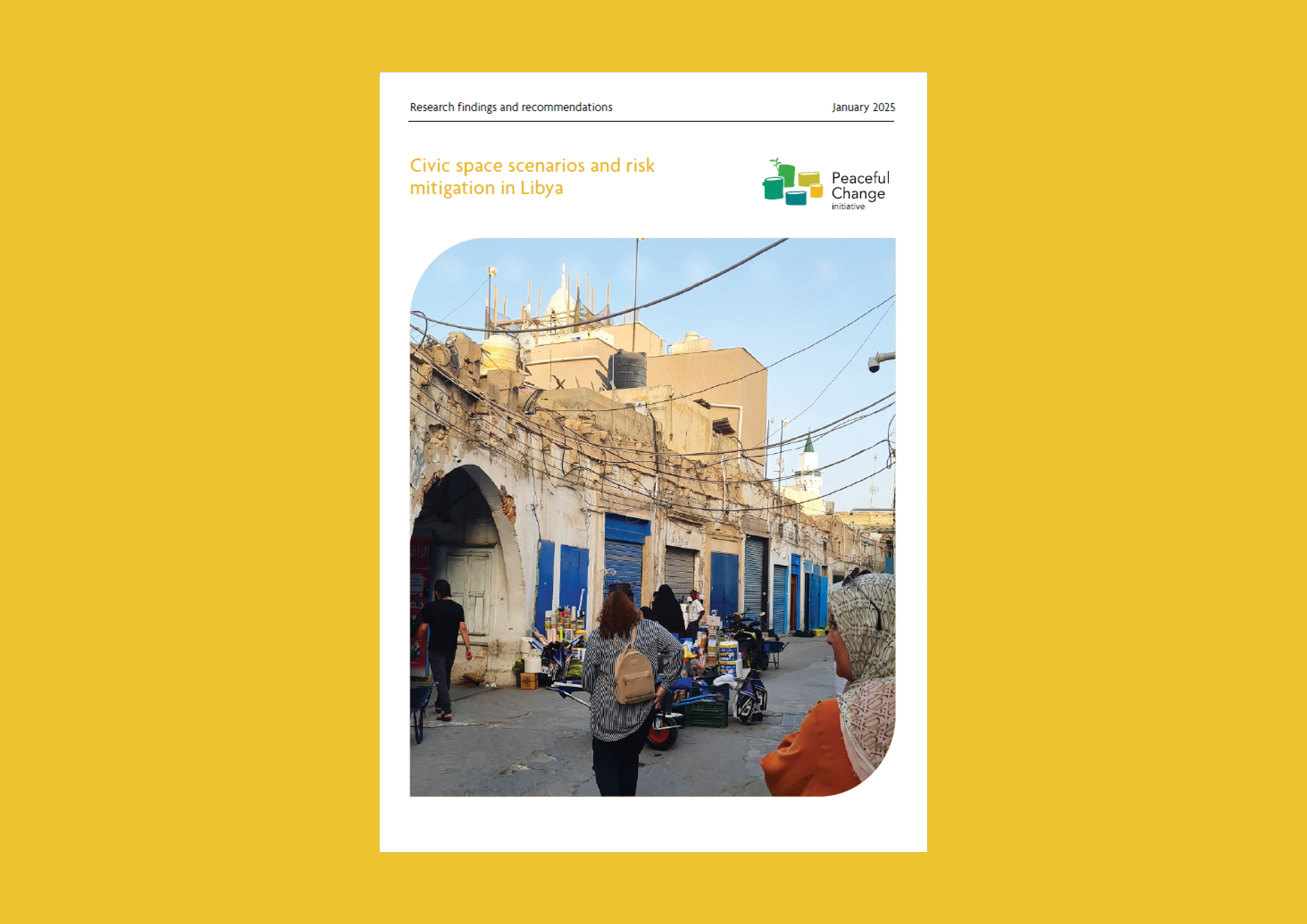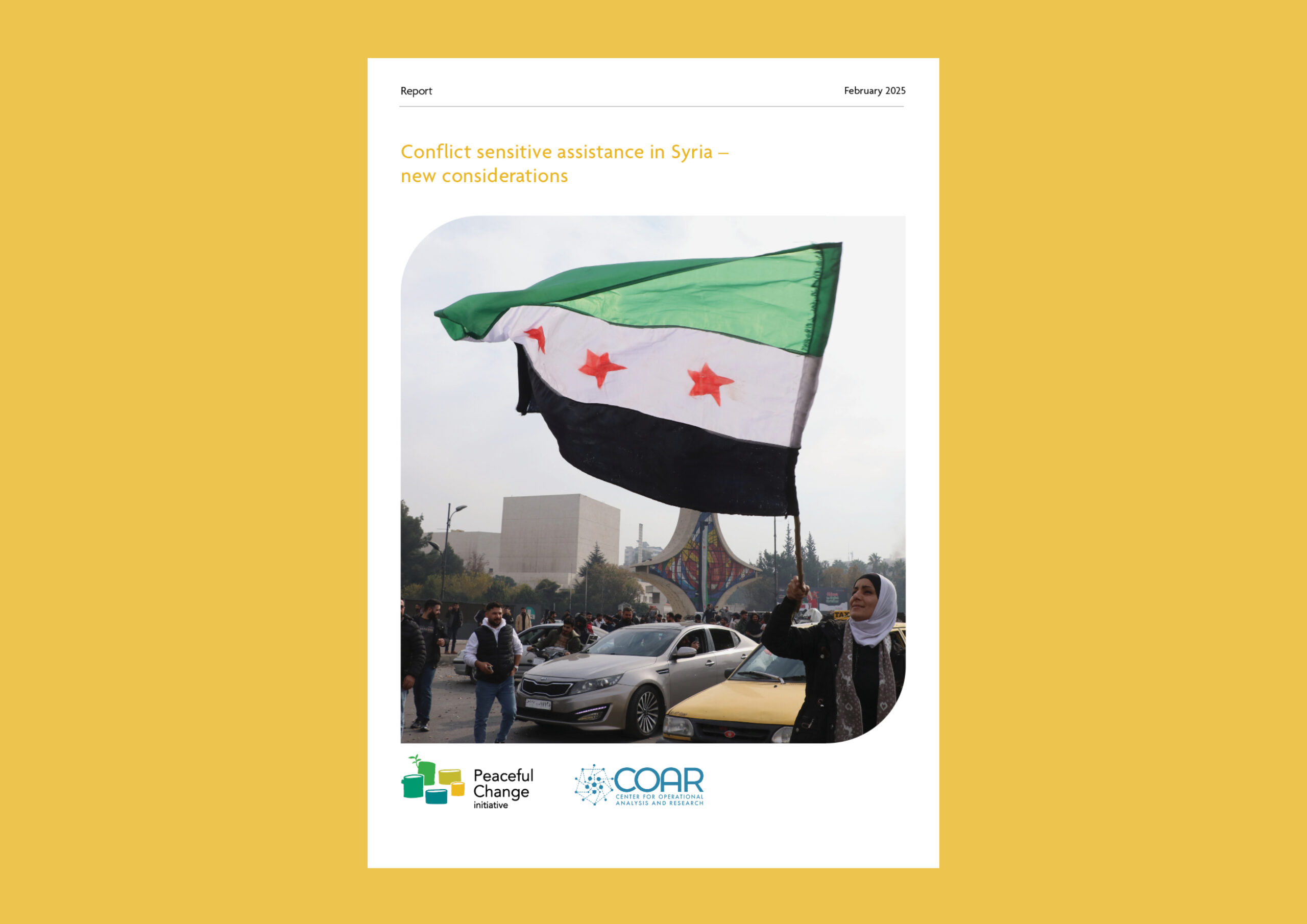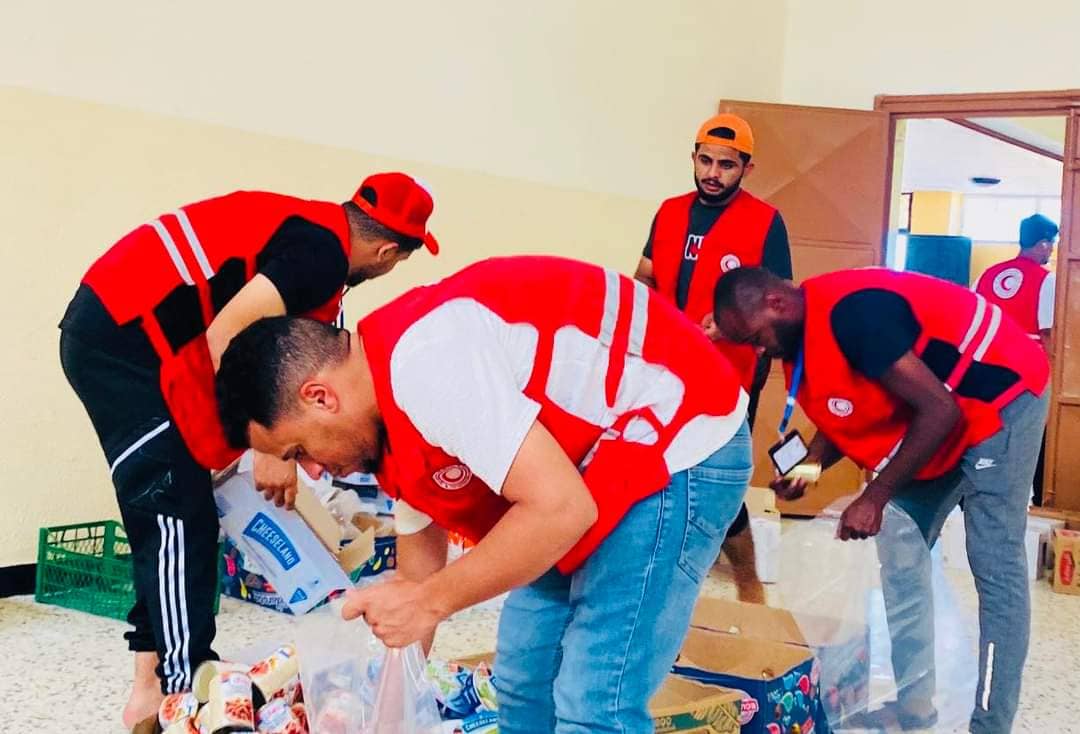
Peaceful Change initiative to close at the end of 2025
It is with great sadness that the Board of Trustees of the Peaceful Change initiative has taken the difficult decision to wind down the charity.
Whilst closing is a very sad for PCi’s staff, trustees and partners around the world, we are also immensely proud of what we have achieved together during the past thirteen years











